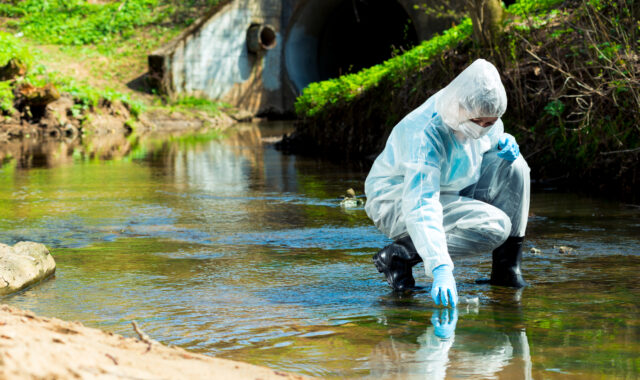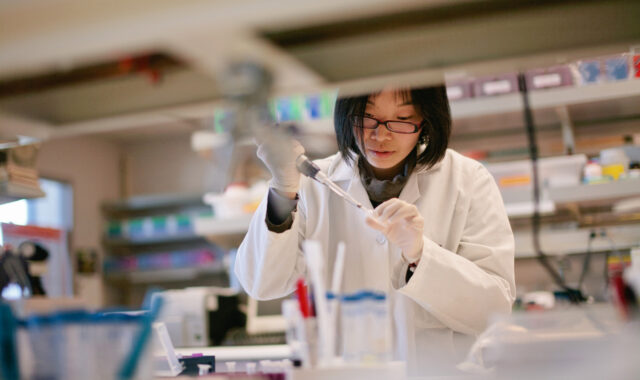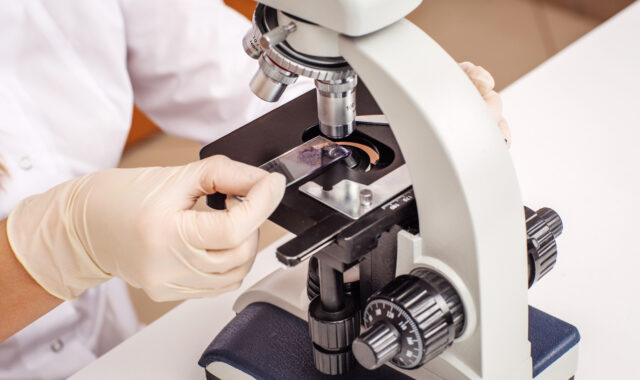
Ravneet O.
Specialist Oncology DietitianWhat is the nature of your role and its responsibilities?
My role as a Specialist Oncology Dietitian entails caring for patients with a cancer diagnosis who may have specific nutritional requirements or be at risk of malnutrition. I work closely with a multi-disciplinary team, including oncologists, specialist nurses, interventional radiologists, therapeutic radiographers in the radiotherapy team, and chemotherapy nurses throughout a patient’s journey through treatment.
Patients are referred at the point of diagnosis, and I continue to review their nutritional status to ensure they are able to meet their requirements. To do this, they may need advice on a modified diet, oral nutritional supplements, or even tube feeding. Sometimes, they may struggle with symptoms from their treatment or after having surgery to remove their cancer and not be able to eat and drink at all. I work very closely with the team to ensure these patients are supported and brought into hospital if required. For patients who have had part of their pancreas or digestive tract removed due to their cancer, I continue to see them in the clinic with a specialist nurse for five years of follow-up to review any symptoms and ensure they are eating well.
What led you to follow this career path?
During a careers session at school, I looked at what careers may involve caring for people and food. I have always enjoyed science and had a special interest in nutrition. I stumbled across dietetics by chance and knew it was the career for me! I was lucky enough to organise some work experience at a local hospital in my final year of GCSEs, and spending time with the dietitians spurred me to follow this path.
What qualification(s) or training did you complete?
A Levels in biology, chemistry, English literature, sociology and general studies. I then went on to complete a Nutrition and Dietetics BSc at King’s College London.
How are your qualification(s) or training useful in your everyday job?
Nutrition and Dietetics is a vocational course, so a lot of what we learnt is applied in everyday practice. The knowledge we gained in health, nutrition/food science, biochemistry, and anatomy is a good base, but the skills we developed, including critically appraising the latest research to help guide our recommendations for patients, have been key and helped me stay up to date with my practice. The communication skills practised over the course have also been vital to providing complex information in a relatable and understandable way and adapting your approach where needed. The placements you undertake during the course are pivotal in understanding what it means to be a dietitian. They also give you the chance to practice with real patients – it can be daunting but is an invaluable experience!
What does an average working day look like for you?
I usually start at 8 am and finish at 4 pm, with a 30-minute break for lunch. Typically, I may need to attend a multi-disciplinary team meeting to discuss newly diagnosed patients and input my thoughts on their nutritional status. I may need to triage new referrals and then do some telephone assessments with patients. I will often attend the chemotherapy unit to review patients who have come in for long sessions of treatment. I will review their weight and their dietary intake and may need to start them on some newly prescribed products, such as supplements or pancreatic enzyme replacement therapy. We often have students in the department, and I am responsible for organising their placement timetables and supervising and doing their weekly reviews. No two days are the same!
What aspect of your role do you most enjoy?
The most fulfilling part of my role is making a tangible difference to someone’s life; being able to help them and them being able to articulate to you what it has meant to them is a unique feeling.
What aspect of your job do you find most challenging?
The role can be very busy and you often have to prioritise and deal with multiple issues and interruption at any given time – it is definitely unpredictable!
What would be your top piece of advice for anyone wanting to become a dietician?
No day is the same and the career opportunities are vast. If you are passionate about nutrition, science and caring for people, then this is perfect for you! Work hard and you will have a fulfilling and rewarding career.













Comments